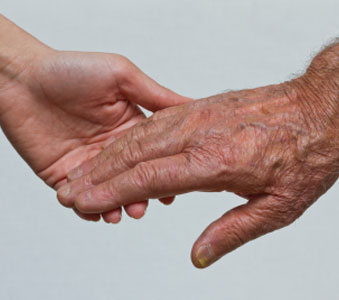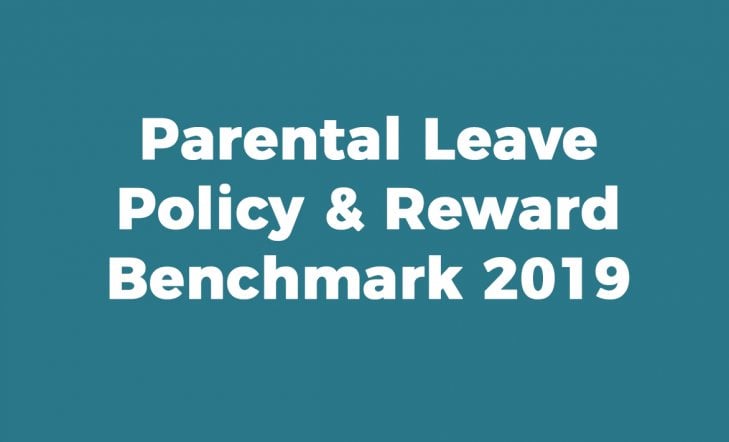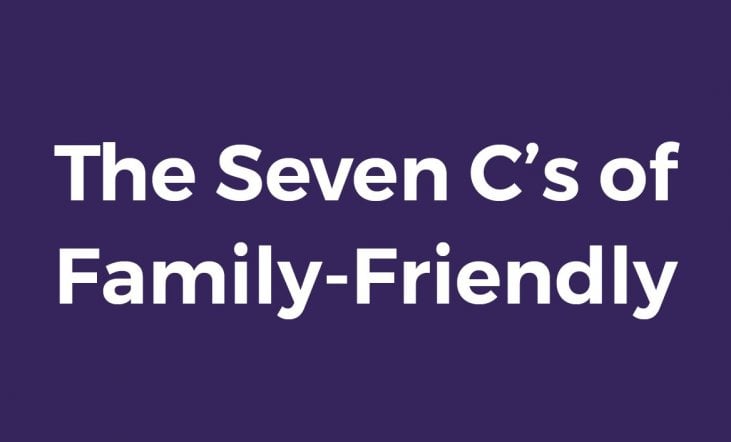Newsletter Sign Up
Regular work+family updates for
HR and diversity professionals.
My Family Care asks Sam: Juggling the ever busy lives of the 21st century is sometimes hard, especially when one of those responsibilities is parenting. How do you think the role of the parent has changed in the past century as the population ages and more and more people are caring for thier children and parents? How has the role of parent adapted to fit with a work life balance? What differences do you notice and how do you cope?
Sandwich Mum - The Last Christmas
As I bent down to pick up the post when entering my home last week, I noticed a dark brown envelope from the Office of National Statistics. I was curious to know what they would be writing to me for, so I quickly ripped the envelope open whilst meandering into my house. The letter was titled 'VOICES Survey' and I scanned down the page recognising the words 'bereaved' 'loss' and 'difficult time'. I stood still and felt that all too familiar tingle in my nose. My throat tightened and my eyes welled up with tears, I was immediately taken back to last Christmas.
Last Christmas was possibly the most stressful Christmas I have experienced to date. Not because of the 20 plus people coming for lunch on boxing day, or spending far too much time with the in laws or even wrapping presents for my two children til the early hours on Christmas eve only to be woken four hours later; not because of any of those reasons, but because of the fact that Oxfordshire County Council released funding for all their patients waiting for nursing home beds the last Friday before Christmas. One of those people waiting for a bed was my father.
As I opened up the survey I began to read the questions.
"How long had he been ill?" "Did he spend time at home during the last 3 months of life?"
Dad had been adamant that he wanted to stay at home, but following another stoke in October 2011 it was clear he would never be able to live at home again. He couldn't transfer himself from his wheel chair by himself and on my last visit I had to break down the bathroom door to get to him so that I could pull up his trousers after he had slipped whist going to the toilet. It was distressing for me and deeply humiliating for him. But at least I was there.
On the one hand, it was a relief for my mum who is in a wheel chair herself and had been caring for him for the previous 5 years. She had not had a day off during those five years except for when he had been in hospital. On the other hand, we knew we were a step closer to the inevitable.
When I made the 400 mile journey to see them before Christmas last year, I had no idea how difficult it would be to go home and see his chair empty, knowing he wouldn't ever sit there again. That I would never hear his booming voice scolding the cat. It was yet again a transition I was emotionally unprepared for.
My life was going like a fair ground as usual. With two small children, coaching clients to meet with and a small MSc I had decided to sneak in the year before, I just felt I wanted the world to stop. I did not want to be a super mum. I wanted to drop a ball before it knocked me out.
So at the Christmas drinks party at my university I informed my lecturers that I wouldn't be continuing the program or my dissertation. Well, what other ball could I drop? Income, my children, my Dad? I felt I had no choice but to stop the thing that was for my future career and not a necessity.
"In the nursing home, how much time was he treated with respect and dignity?"
I have no idea of the financial and emotional cost of care homes. I also had no idea of the basic level of care many of them provided. I felt so sad that this was the best we could offer Dad. This is what his life had come to. However, we did find one home with the help of a care home search which appeared to suit Dads personality. He was a difficult old bugger with a very dry sense of humour. They required a down payment to hold a place for him and as we didn't have funding from the council at this stage, it meant a cheque from the family.
It was worth every penny as I received the telephone call from Social Services the Friday before Christmas. The council were calling to say funding had been released, but we had to get the paper work completed that day to ensure he was out of hospital for Christmas.
This was the most stressful point of the journey. Agreeing with my family what would happen, allowing for the emotional reaction of my mother, who now had to accept she would be on her own for the rest of her life and then persuading my family that it was OK to be the guarantor of a package which cost us over £2000 a month.
"Were you contacted soon enough to give you time to be with him before he died?"
The tears rolled down my cheeks as I was taken back to that moment. That final last beat - which I felt so honoured to witness. It will stay with me forever. Just like the cry of my babies when they took their first breathe. I felt privileged and deeply moved to be allowed to see this special person leave my world, the world which he had allowed me to enter.
"Were any decisions made about his care that he would not have wanted?"
If only I could have asked him this question. To know I had done right by him. If he had known this was his last three months, that this was his last Christmas what would he have chosen to do?
After his death it took me weeks for the numbness and sheer exhaustion to fade. My clients were great about the fact I wasn't always available when they required me. So many shared their personal stories of loss and caring for their elderly parents. I felt I was part of a new club where we had permission to talk about these feelings at work. It helped to know what I felt was normal.
We are allowed to talk about children; the turmoil & learnings they bring our life but why is caring for elderly parents still so sensitive? Why don't we share the exhaustion and worry, the laughs and love we share at the end of life as we do at the beginning?
Christmas Future
What I have discovered is that some companies have recognised that employees need and want to do this. So I refocused on my coaching masters and I decided to develop a coaching framework for such companies to support families like mine who are working and caring. My Family Care already have so many practical solutions around Eldercare which I really understand the benefit of now. I felt the missing link was allowing individuals the space to think about how they might access these resources and make sense of their feelings of anger, stress and sadness. To feel in control, prepared and doing something positive. To have someone to really listen to them.
Over the next year I plan to pilot my framework with two organisations who understand what an important time this is for families who work. How by coaching employees through this period, they can grow and be more resilient. Without it, they too may give up the very things that help their sanity & future career. I thank my Dad for allowing me to do this. Sam Pringle, Eldercare Coach, Daughter and Mother












